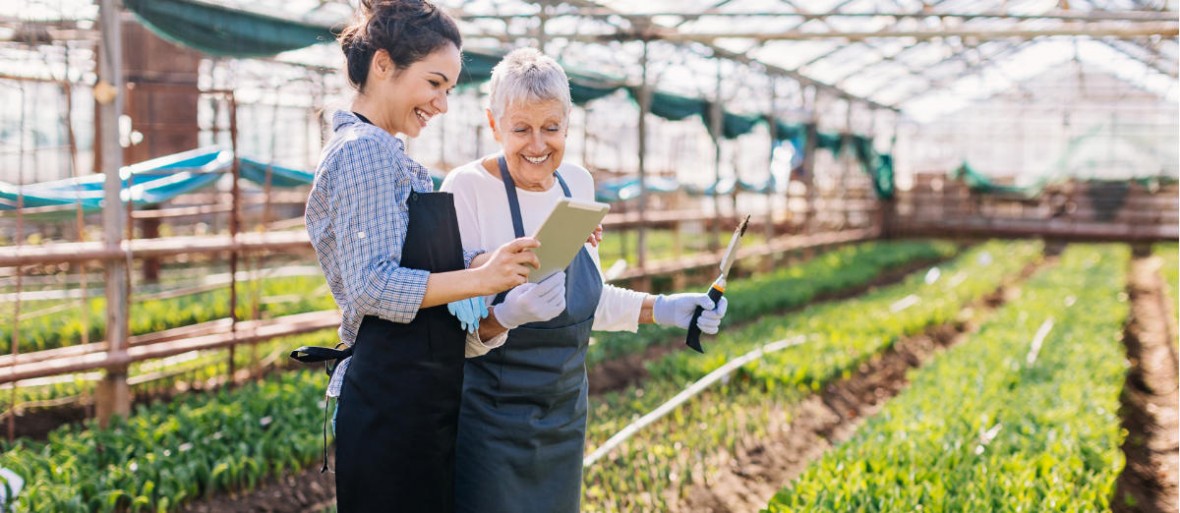Public concern about food safety is widespread. Hence, all players along the supply chain – growers, exporters, importers, producers, distributors and retailers – need to be committed to preventing food contamination. Unfortunately, the number of contamination cases remains high. For example, US-based Food Safety magazine recently reported in 2018 nearly 70 percent of sampled conventionally grown produce contained such residues.
The results of such contamination can have serious consequences. In South Africa, there has been ongoing Listeria monocytogenes food poisoning since 2017 due to contaminated processed meats. By the spring of 2018, this outbreak had caused more than 180 deaths and almost 1,000 confirmed infections, making it the worst-ever recorded listeriosis outbreak.
Examples like these show why monitoring along the entire supply chain, including cleaning processes, is crucial in order to prevent food contamination. At IFCO, we take this urgent need seriously and constantly keep food safety in mind: Our SmartGuardian™ software and hardware technology monitors IFCO reusable packaging containers (RPCs) in our washing facilities and makes sure pathogens, traces of dirt and other substances are removed. It also detects and records which contaminants were present – a key factor in prevention. And because the SmartGuardian™ system meticulously documents all process steps, it verifies that IFCO RPCs have been thoroughly cleaned and properly sanitized. In this way, we work to protect consumers and safeguard food quality.
What makes our "guardian" smart is that its machine sensors are connected to a central server, so they can transmit data to the server, which maintains a record of the system’s operation. SmartGuardian™ is a typical example for Internet of Things and shows how the use of data can improve food safety. It measures and monitors key parameters including water flow and temperature, pump pressure, contact time, and detergent and disinfectant concentration. These parameters are important for proving how effective our cleaning processes are, such as with contaminant removal. Each of these parameters is set up to accommodate the type of IFCO RPC going through the system.
For example, black or green IFCO RPCs that carry fruit and vegetables might contain residue from pest control substances. However, red IFCO RPCs for meat require completely different temperatures, detergents and disinfectants to control a range of potential pathogens found in highly perishable, protein-rich food products. At our modern facilities, receiving docks are physically separated from the washing and dispatch areas. This design provides another safety measure: avoiding any possible spread of contamination, since dirty and clean IFCO RPCs never come into contact. In fact, they are never even in the same room.
With the SmartGuardian™ monitoring system, we can reassure our customers: Our washing processes ensure sanitation and food safety – because upholding stringent hygiene standards are as important to us as supply chain efficiency.
Stay up to date
Want the latest fresh food packaging industry knowledge delivered straight to your inbox? Subscribe to our newsletter and get the latest news, trends, articles and more!
